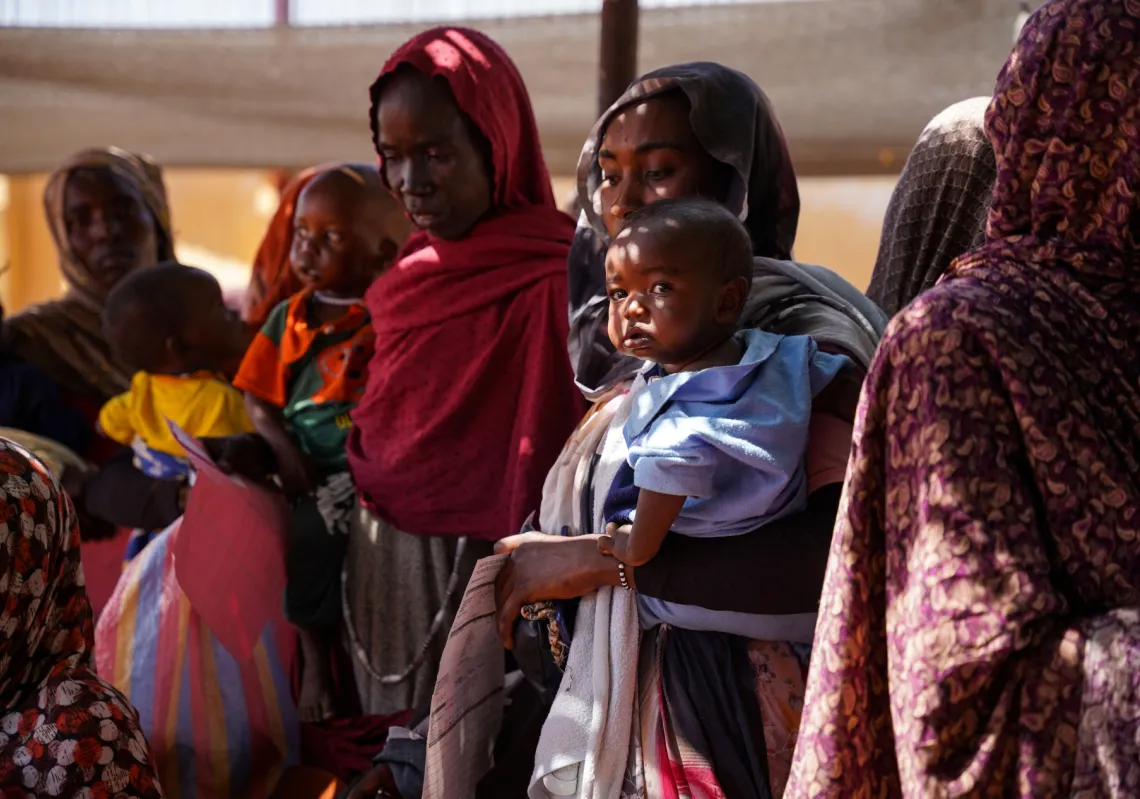The heads of major U.S. intelligence agencies told a Senate committee Tuesday that an attempted terrorist attack on the American homeland in coming months is "certain." Coinciding with the first anniversary of the Obama presidency, Osama bin Laden issued two new audiotapes claiming responsibility for the Christmas Day airline bombing attempt and vowed further attacks. He also blamed global warming on the US and other big industrial nations and urged a boycott of the US dollar.
Missing the big point, Western governments and commentators tried to decipher what bin Laden said and to unlock the riddle of his short recordings. Over the years messages broadcast by bin Laden, Ayman al-Zawahiri, al-Qaeda’s second-in-command, and their allies stressed the plight of persecuted Muslims from Palestine to Kashmir. Blaming the West for all injustices against Muslims, bin Laden and his cohorts incite the youth to militarily strike against Westerners.
In his new recordings, what bin Laden said does not matter as much as that he is still alive and transmitting his message. At the heart of his static voice lies a relentless, systematic drive to promote al-Qaeda’s traveling, transnational ideology, one that resonates with a tiny segment of politically radicalized young Muslims worldwide.
Al-Qaeda’s traveling ideology rests on two interrelated claims. First, the West, particularly America and Britain, are waging a crusade against Islam and Muslims. And, second, that it is the personal duty of every Muslim to join in jihad against the enemies of Islam and in doing so sacrifice blood and treasure.
As to why some self-radicalized activists fall for al-Qaeda’s ideology, it is the only game in town that sanctions the killing of the enemies of Islam, including civilians and fits different temperaments and backgrounds. Al-Qaeda’s top-down recruitment of would-be terrorists has long been replaced by a bottom-up process, one that is extremely difficult to track.
Although al-Qaeda developed in a particular Afghan context with a highly centralized and hierarchal structure in the 1990s, the organization has evolved and morphed into a fluid, globalized, all-encompassing ideological umbrella. This accessible ideology offers a powerful weapon of choice for a socially diverse mix of radicalized religious activists who feel that their Islamic identity and culture are under attack.
Today, al-Qaeda’s traveling ideology finds home in the stricken urban slums of the Muslim world and refugee camps in Palestine, Lebanon, Sudan, Somalia, Yemen and Algeria as well as among a few professionals and college students in the Gulf, Britain, America, and elsewhere. The global jihad temptation transcends socioeconomic and educational barriers.
Recent cases show clearly how al-Qaeda’s traveling, transnational ideology bridged the divide between class, space, and recruitment techniques. It served as an attractive magnet for high-achievers like the Christmas day bomber, Nigeria's Umar Farouk Abdulmutallab, an engineering graduate of London University, Fort Hood's Maj. Nidal Malik Hasan, five integrated American Muslims from Northern Virginia, and a Jordanian doctor, Humam al-Balawi, an informant-turned suicide bomber who killed seven US intelligence agents on the CIA base in Khost province, near the Afghan-Pakistan border.
What these individuals had in common was that they were radicalized online, on their own, while living an integrated life mostly in the West. According to his family, Israel’s 2008 war in Gaza enraged Dr. al-Balawi and drove him to militancy arms. Maj. Hasan publicly raved about the US-led invasion and occupation of Iraq. America’s war in Afghanistan-Pakistan led the five US Muslims from Northern Virginia to Pakistan’s battlefields.
After being self-radicalized, these individuals turned to al-Qaeda’s mentors like the US-born and educated Yemeni radical preacher Anwar al-Alwaki for guidance, reassurance, and religious legitimation. They initiated the contacts and took action into their own hands.
Ironically, the families of the five Virginia men and again with Abdulmutallab’s father warned the US authorities about their sons’ radicalization. In the case of Maj. Hasan, he had indirectly pleaded to be medicated and treated before he murdered his comrades.
The good news, if there is any, is that bottom-up recruitment is a fringe and marginal phenomenon. A sign of weakness, not strength, the lone-wolf bomber exposes the structural crisis of al-Qaeda Central. Bin Laden’s organization has suffered a catastrophic military setback and faces a massive crisis of authority and legitimacy, particularly decline of Muslim public support.
While at the height of power in the late 1990s, al-Qaeda was made up of about 3,000 to 4,000 fighters. Today, bin Laden's ranks are down to about 400 to 500. According to the most credible intelligence estimates, perhaps 100 al Qaeda operatives are in Afghanistan and another 300 in neighbouring Pakistan. Most of its seasoned field-lieutenants have been either captured or killed replaced by unskilled and ineffective operators; and new skilled recruits are hard to come by.
Equally important, now, more and more Muslims view al-Qaeda through a prism that focuses on the monstrosity of killing of non-combatants. Recent opinion surveys confirm that an overwhelming majority of Muslims are more than just unsympathetic to the ideology of bin Laden and his followers; they place the blame squarely at his feet for the harm he has caused to the image of Islam and the damage his movement has wrought within Muslim societies.
The new trend speaks volumes about the moral discrediting of al-Qaeda in the eyes of Muslims and the failure of the global jihad in general. There exists no evidence of any notable Muslim opinion support for the new terrorism. The key to solving the mysteries the lone-wolf suicide bomber is to work closely with Muslim social networks to preventively identify early warning signs before they mutate. The first and most effective line of defense against terrorism is the Muslim community.
Terrorism perpetrated by al-Qaeda and its transnational ideology will continue over the next decade, including attempts aimed at the US homeland or Britain. But this reality, frightening as it is, should not distract from the self-limiting nature of the al-Qaeda challenge. Western governments must resist overreaction, hyper-inflation of threats, and discrimination against ordinary Muslims. These measures are counterproductive because they help sustain and nourish al-Qaeda’s traveling ideology.
Fawaz A. Gerges – Professor of Middle Eastern Politics and International Relations at the London School of Economics. Among his books is The Far Enemy: Why Jihad Went Global (Cambridge University Press, 2009). http://fgerges.com
A version of this article was also published by CNN







